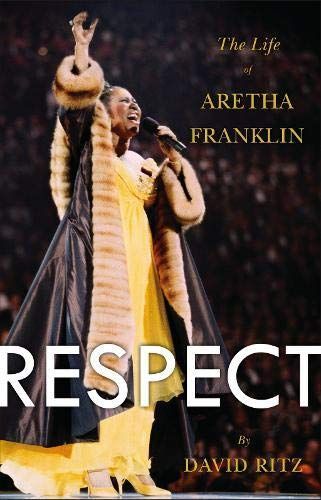
Respect The Life of Aretha Franklin
The definitive biography of the Queen of Soul from acclaimed music writer David Ritz. Aretha Franklin began life as the golden daughter of a progressive and promiscuous Baptist preacher. Raised without her mother, she was a gospel prodigy who gave birth to two sons in her teens and left them and her native Detroit for New York, where she struggled to find her true voice. It was not until 1967, when a white Jewish producer insisted she return to her gospel-soul roots, that fame and fortune finally came via "Respect" and a rapidfire string of hits. She has evolved ever since, amidst personal tragedy, surprise Grammy performances, and career reinventions. Again and again, Aretha stubbornly finds a way to triumph over troubles, even as they continue to build. Her hold on the crown is tenacious, and in RESPECT, David Ritz gives us the definitive life of one of the greatest talents in all American culture.
Reviews
Andrew Louis@hyfen
Andrew Marti@amarti